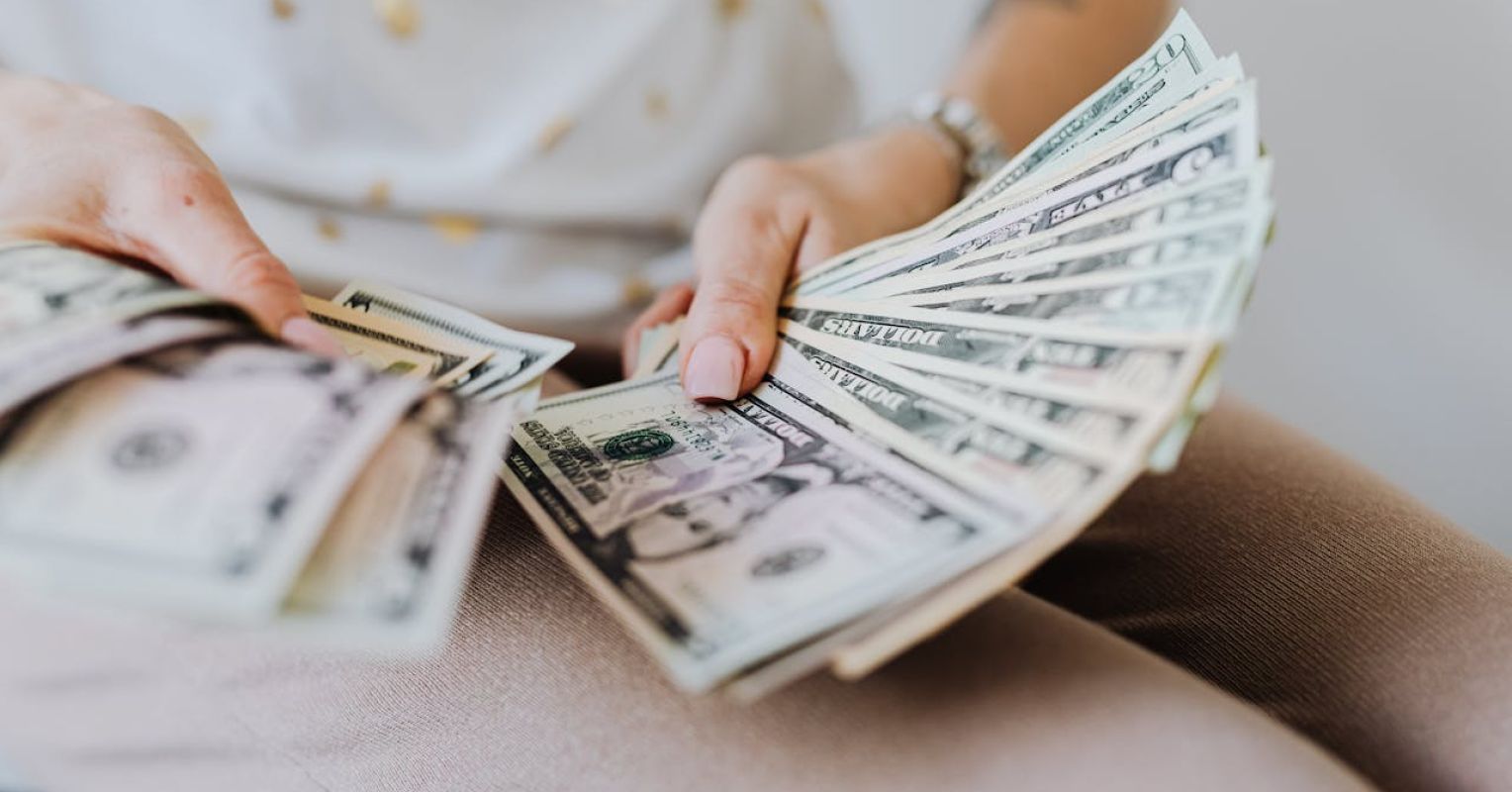
"Money and self-worth often covary such that increases in personal wealth directly contribute to increases in self-esteem, and likely, vice versa."
"Reflect on how you react when your attention turns to money, especially your own. What are your most predominant feelings and what might they reveal about you?"
"The personal uses and meanings we impose on money are probably as diverse as we who possess it."
"The sheer act of spending moneyâregardless of the amountâcan evoke emotional responses that influence our behavior and self-perception."
The article explores the complex relationship between self-esteem and income, suggesting that personal wealth can boost self-worth while low income can diminish it. This correlation is evident across gender identities and highlights how financial status directly impacts emotional well-being. Additionally, the article discusses how our thoughts and feelings about money significantly shape our behavior, often leading to unique habits or rituals regarding money management. Ultimately, it posits that our emotional responses to financial situations can propel us upward or weigh us down, mirroring the dynamics of gravity and rocket fuel.
Read at Psychology Today
Unable to calculate read time
Collection
[
|
...
]